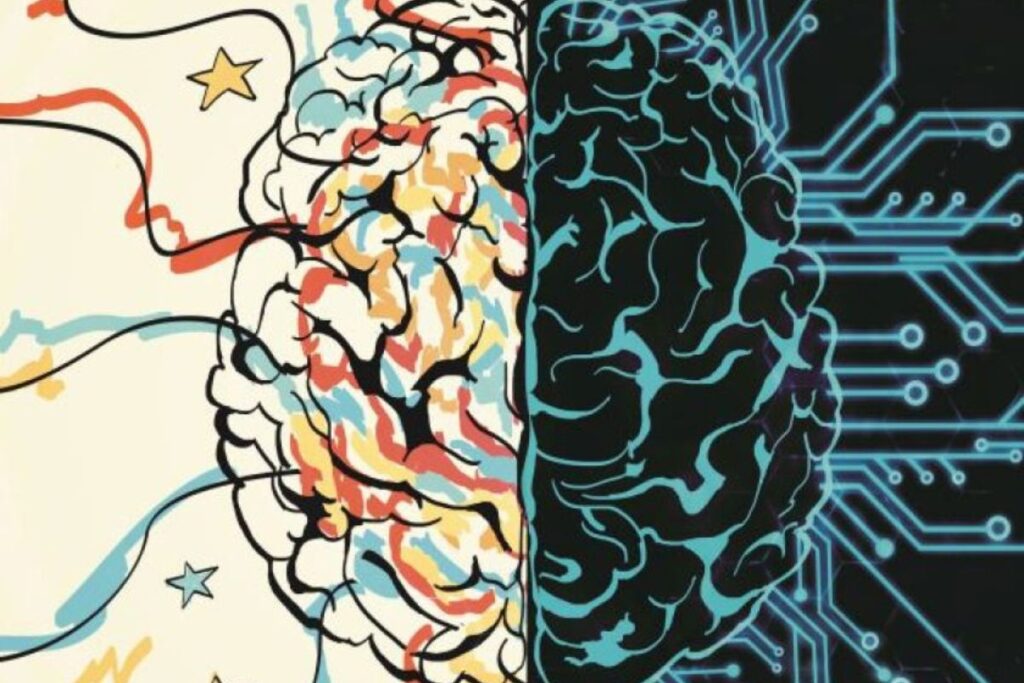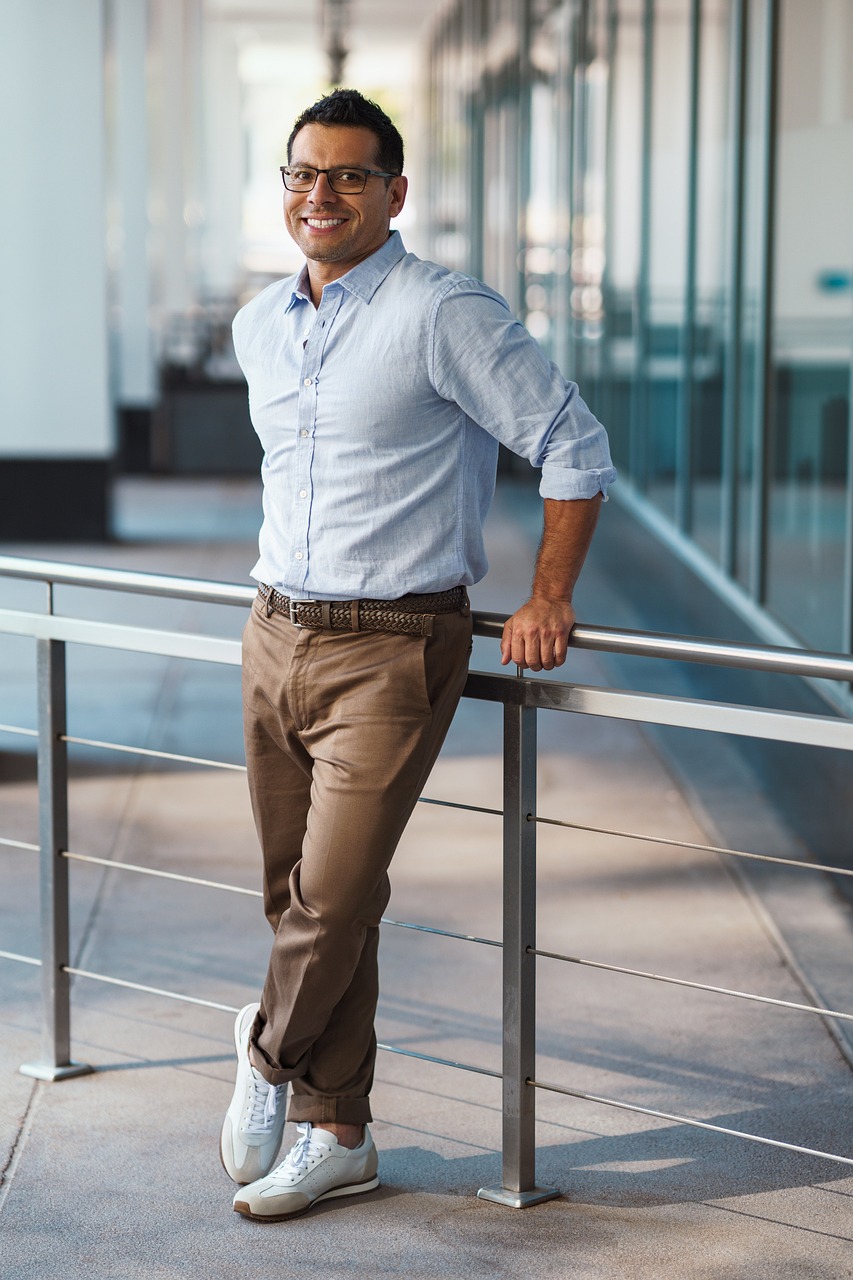Washington, D.C. – Artificial intelligence (AI) took a hit in the courtroom on August 18, 2023, when a US federal judge ruled that AI-generated artwork cannot receive copyright protection.
This landmark decision, delivered by the US District Court for the District of Columbia, has sparked fresh debate about the role of AI in creativity and its place in intellectual property (IP) law. For tech pioneers and artists pushing the boundaries of innovation, the ruling is a setback—but the fight is far from over.
The Battle Over “A Recent Entrance to Paradise”
The case centers on Stephen Thaler, a computer scientist who’s no stranger to challenging traditional IP norms. Thaler sought copyright registration for an image titled A Recent Entrance to Paradise, a piece autonomously crafted by his AI system, the Creativity Machine.
He argued that this AI-generated artwork deserved the same legal protections as human-made creations. The US Copyright Office disagreed, refusing to register it, and District Judge Beryl Howell upheld that decision last August.
Read Also: Samsung Galaxy S25 Series Hits T-Mobile with Stunning Cameras and AI Power
Apple Shocks iPhone Users with iOS 18.4 Release Date and New Vision Pro App Announcement
Why? The court insists that human authorship is the bedrock of copyright law. Judge Howell emphasized that without human involvement, no valid copyright can exist—leaving Thaler’s AI creation in legal limbo.
For those tracking AI advancements, this ruling underscores a growing tension between cutting-edge technology and outdated legal frameworks.
Thaler’s Crusade for AI Rights
Thaler isn’t taking this lying down. Backed by his legal team, led by University of Surrey law professor Ryan Abbott, he’s been a vocal advocate for extending IP rights to AI-generated works and inventions.
The Creativity Machine case is just one chapter in his broader mission. Another of Thaler’s AI systems, DABUS, is making waves too—currently involved in a pending appeal at the UK Supreme Court to be recognized as an inventor on patent applications.
So far, Thaler’s efforts have hit roadblocks in the US. The Supreme Court rejected his DABUS case, and the US Patent and Trademark Office (USPTO) has consistently ruled that only humans can claim IP rights.
However, there’s a glimmer of success abroad: South Africa has named DABUS as an inventor, though its IP office doesn’t rigorously vet applications. With appeals also pending in Germany’s Federal Court of Justice, the global debate over AI’s creative rights is heating up.

What This Means for AI and the Tech Industry
This ruling has big implications for the tech world. As AI tools like the Creativity Machine, DALL-E, and Midjourney churn out stunning artwork, music, and even literature, questions about ownership and protection are becoming urgent.
Without copyright, AI-generated works could be freely used—or exploited—by anyone, potentially stifling investment in AI-driven creativity. Companies developing these technologies might hesitate if they can’t secure IP rights for their output.
On the flip side, the decision reinforces the value of human creativity in a world increasingly dominated by machines. It’s a reminder that, for now, the law sees AI as a tool—not a creator. But as AI grows more sophisticated, will that distinction hold? Thaler’s team certainly doesn’t think so—they’ve already announced plans to appeal Howell’s ruling, keeping the issue alive in 2025 and beyond.
Read Also: DeepSeek Shocks AI World: Open-Source Code Drop Could Change Everything!
AI Contract Work Offers Flexible, Remote Opportunities for College Students and Introverts
Wrapping Up: A Fight Far From Over
As of February 23, 2025, the debate over AI and IP rights is as lively as ever. Thaler’s upcoming appeal in the US, alongside international cases like the UK’s DABUS hearing, promises to keep this story in the headlines.
For now, AI-generated art remains outside the copyright club—but with innovators like Thaler pushing the envelope, the tech world might soon see a new chapter in this saga. Stay tuned for updates as this battle between artificial intelligence and traditional law unfolds

